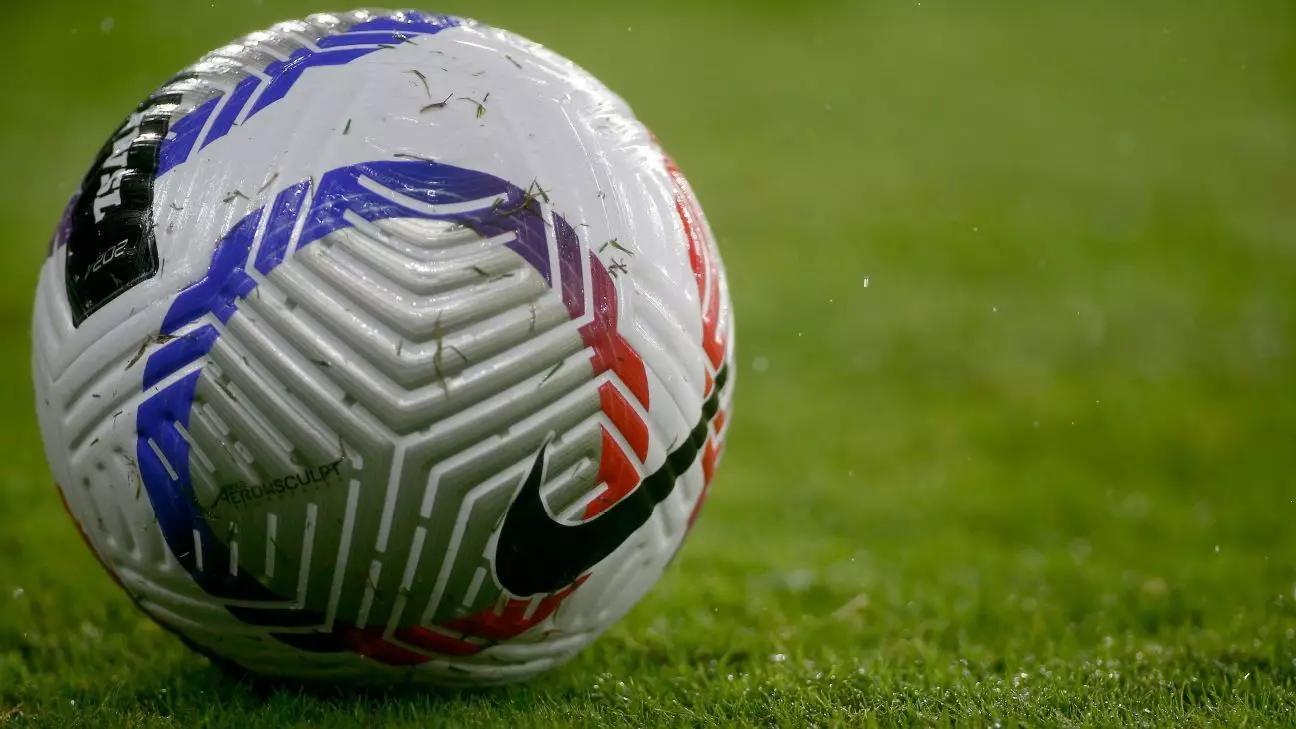In a significant legal development, five former employees of the San Diego Wave FC have taken a bold step by filing a lawsuit in San Diego Superior Court. This legal action claims various severe issues, including discrimination, sexual harassment, wrongful termination, and retaliation within the club and the National Women’s Soccer League (NWSL). Such allegations echo similar concerns raised earlier by Brittany Alvarado, a former club employee, highlighting systemic issues within the organization and the league at large.
The lawsuit presents a harrowing depiction of an alleged culture of fear and hostility at the San Diego Wave FC. It claims that the leadership, particularly under the stewardship of team president Jill Ellis, cultivated an “abusive and hostile work environment.” Multiple employees, according to the suit, sought assistance from the NWSL, suggesting a critical lack of internal support for those facing misconduct. Though Ellis is not a defendant in this current lawsuit, her name resurfaces multiple times, indicating her pivotal role in the unfolding drama.
The case further illustrates a troubling trend where employees reportedly feel silenced or unprotected. Notably, the complaint includes alarming details about an unnamed employee—referred to as Jane Doe—who alleges she was sexually assaulted by a coworker upon joining the club. The lawsuit indicates that Jane Doe did not come forward at the time due to fears of potential repercussions, illustrating a disturbing reality where victims feel they have no safe avenue to voice serious grievances.
In response to the allegations, a spokesperson for San Diego Wave FC issued a brief statement, emphasizing the ongoing nature of the legal proceedings and thereby refraining from comment. Additionally, they framed the lawsuit as an extension of previous claims issued in July 2024, seeking to downplay the severity of the accusations. Such a stance, while legally cautious, raises questions about accountability and transparency within the organization.
The lawsuit also scrutinizes the NWSL’s handling of complaints, suggesting that the league failed to document allegations appropriately or conduct independent investigations. Particularly concerning are claims that NWSL representatives communicated with Jane Doe about the investigation into her allegations, suggesting that terminology used in her reporting had led to an inadequate response. The assertion that a victim’s use of “assault” instead of “sexual assault” diminished the seriousness of her claims reflects a disconcerting lack of understanding of trauma and the language surrounding it.
The League’s Historical Context
The backdrop of this lawsuit unfolds against a significant cultural and structural crisis within women’s professional soccer. The NWSL has been compelled to acknowledge systemic abuse within its ranks following comprehensive investigations that exposed deeply ingrained issues, resulting in sweeping reforms. High-profile investigations, including one led by former U.S. Attorney General Sally Yates, have forced the league to confront the realities of abuse and misconduct. In the aftermath, several former coaches have faced permanent bans, and ownership changes were initiated in clubs linked to prior abusive practices.
The current lawsuit not only reflects ongoing challenges in the San Diego club but also serves as a litmus test for the efficacy of the reforms introduced within the league. As the NWSL strives to create a safer environment for its players and employees, the persistent allegations emerging from various clubs question whether substantial changes have genuinely taken root.
As the lawsuit unfolds, it has far-reaching implications for all stakeholders in women’s soccer—players, management, and fans alike. The climate of accountability must extend beyond legal repercussions, necessitating a commitment from league officials to foster an environment where employees and players feel safe in voicing their concerns without fear of retaliation.
The allegations put forth by these former employees symbolize an urgent call for change, demanding collective introspection from within the NWSL. It is critical for the leadership of both the San Diego Wave FC and the league to not only respond to the legal challenges but also engage in meaningful dialogue about workplace culture, accountability, and survivor support mechanisms.
The lawsuit against San Diego Wave FC is not merely a legal battle; it embodies the ongoing struggles women face within professional sports and the broader societal implications of workplace misconduct. As this situation develops, it will undoubtedly influence how organizations approach issues of safety, respect, and integrity in women’s soccer. The overarching aspiration must be towards building a healthier, more equitable landscape where all individuals can thrive without fear of discrimination or harassment.

